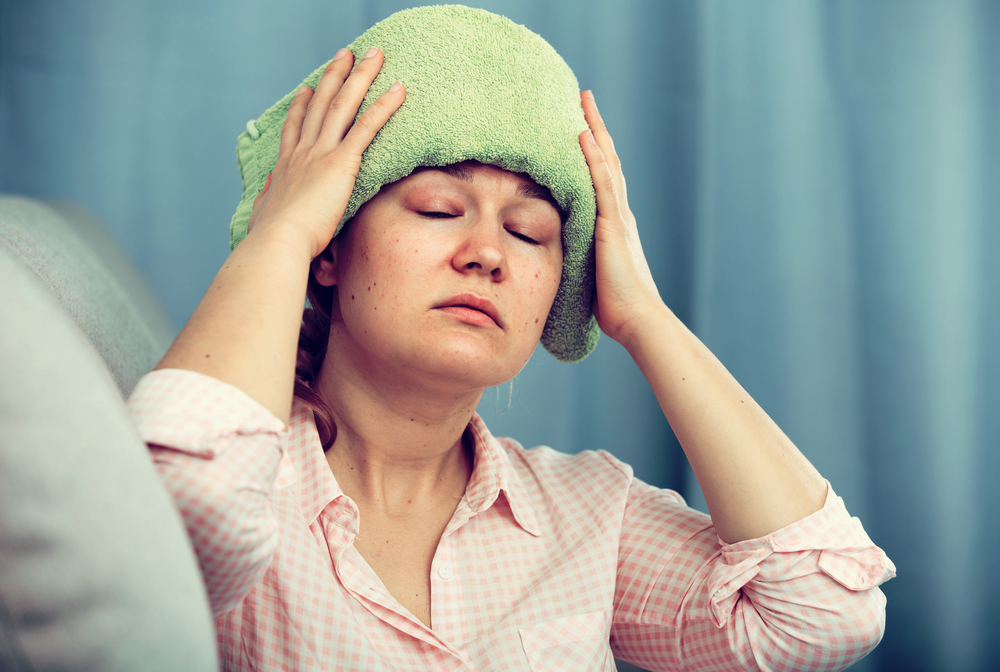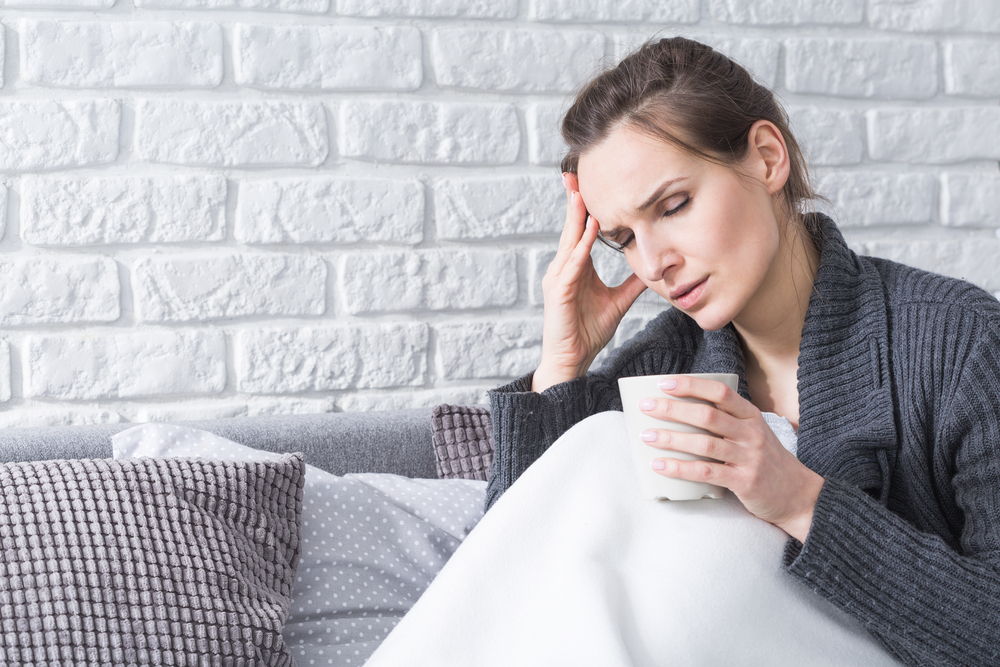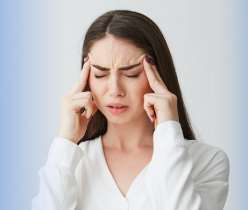About 28 millions of people in the USA are suffering from migraines. If you are one of them, you knew how painful and disabled a migraine headache can be. The good news is that you can easily help yourself to reduce your pain during a migraine attack or prevent migraine headaches. You can lower the risk by simply avoiding stress, alcohol, certain foods that trigger a migraine, eating a regular diet, and getting enough sleep.
An introduction to a migraine
A migraine is not just a headache; it is a complex neurological condition that has an impact on the whole body. It can be easily ignored or mistaken for other conditions and can affect in different ways. The main symptom of a migraine is a painful headache, which is experienced by most of the people with a migraine. Other associated symptoms that interfere with the daily life includes

Also Read: Migraine: Symptoms & Treatments
- Intense throbbing headache, which occurs one side of the head only
- Increased sensitivity to smell, sounds, and light
- Nausea or vomiting
- Neurological symptoms, including distorted vision, blind spots, zigzag patterns, or flashing lights.
- A patient suffering from a migraine may also experience aura symptoms like tingling or needles in the limbs, confusion, loss of consciousness, unable to concentrate, and difficulty in speaking.
Manage your migraine
You would like to stop a migraine attack, but it is not always possible. However, there are lots of things that you can do to make a big difference to the number of attacks you get or the severity of migraine attacks. Here are some migraine remedies that will help you lower the complications:
- Make a migraine diary and keep it with you. Take help of your family and close friends to record your attacks and to help spot any particular patterns. This helps you find things that trigger your migraines.
- Eat your food daily, try not to miss any meal of the day. Eat breakfast, lunch, and dinner, avoid skipping any of these. Do not starve yourself; you may also need to eat healthy snacks in between the meals.
- Keep yourself hydrated by drinking lots of water daily. Drink at least two litres or eight glasses of water every day.
- Avoid artificial sweeteners and sugar drinks; instead, make a good choice by drinking fruit shakes and vegetable juices.
- Sleep for 8 to 10 hours daily. The best time to sleep is 10 pm to 5 am.
- Discuss with family and friends if you have any worries. If you have any worries, you may feel stressed or depressed, which can cause some people to get a migraine. Therefore, it is important to talk with your family and friends if you feel worrisome at home, school, or at the workplace.
- Don’t watch television for more than three hours daily. Also, avoid playing video games and spending time on computers. Make sure that you have a break of at least an hour and you stop these activities an hour before you go to sleep.
- Wear sunglasses or a big hat on a sunny day as some people get migraine headaches from sunlight.
Migraine treatment
Many people find that after having rest, their migraines go away while some say that a migraine gets better after they have been sick. Others require medicine for migraine treatment to get rid of the problem. Some people have medicines from a pharmacy shop or supermarket to reduce the pain. Other people require stronger migraine medicine prescribed by a health care specialist. There are two types of migraine medications, namely acute and preventative.
Acute medications are formulated to take the pain away. On the other hand, preventative medications are made to reduce the number of migraine attacks. These medicines claim for migraine cures and relieve the symptoms of a migraine.



